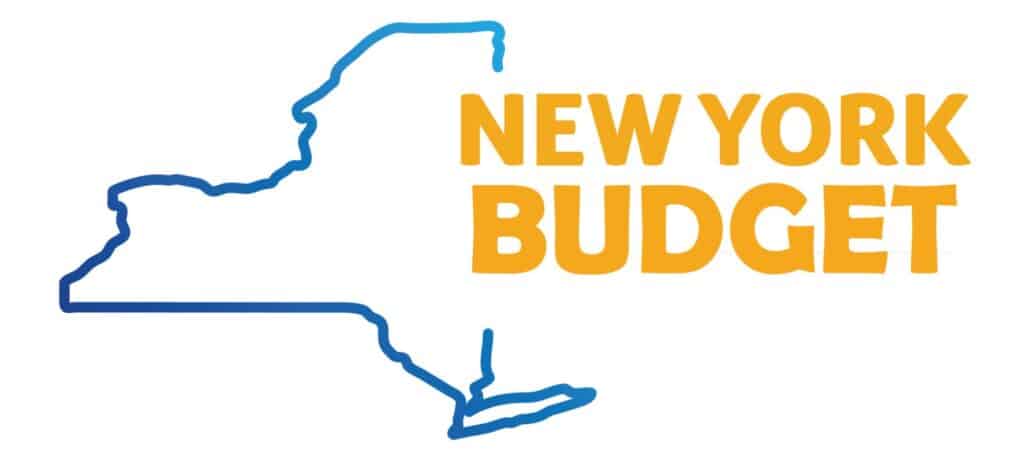
NYS Comptroller Tom DiNapoli recently commented on the recently adopted NYS Budget for 2023-24.
“The $229 billion Enacted Budget for State Fiscal Year (SFY) 2023-24 includes new recurring spending for schools, mental health services, and health care, as well as resources for the Metropolitan Transportation Authority (MTA) and for emergency rental assistance. Preliminary estimates show All Funds spending will grow nearly 4% year-over-year amid a projected drop in revenues and as temporary federal aid is spent down, according to an analysis by State Comptroller Thomas P. DiNapoli.
“Earlier in the week, DiNapoli reported that state tax collections in April totaled just over $10.9 billion, a $7.2 billion, or 39.9%, decrease from last April, and $4.4 billion lower than projections in the Division of the Budget’s (DOB) 2024 Updated Executive Budget Financial Plan, the most recent plan available. The decline was primarily in the Personal Income Tax (PIT).
“The Enacted State Budget funds critical services, including fully funding Foundation Aid for our schools, programs to help New Yorkers that are still struggling in our post-pandemic world and stabilizing the MTA after massive ridership declines,” DiNapoli said. “It also comes at a time when revenues appear to be softening, inflation persists, and the federal government has yet to reach a deal on the debt ceiling. The state has made progress in building up reserve funds, but policymakers need to carefully monitor the economy and work to put the state on a sustainable fiscal course.”
Decline in Projected Revenues
“Based upon DOB’s most recent Financial Plan projections, as well as Executive and legislative estimates associated with changes included in the Enacted Budget, All Funds revenues for SFY 2023-24 are projected to be almost $9.2 billion, or 3.9%, lower than SFY 2022-23. These declines include a forecasted reduction in tax receipts of $3.5 billion, or 3.2%. This follows a decrease in tax revenues of 7.8% in SFY 2022-23. Lower collections were primarily concentrated in the PIT reflecting an estimated 26% decline in Wall Street bonuses, the volatility in the financial markets and its impact on estimated payments throughout the year, as well as the tax credits claimed for the first year of the Pass-Through Entity Tax.”





